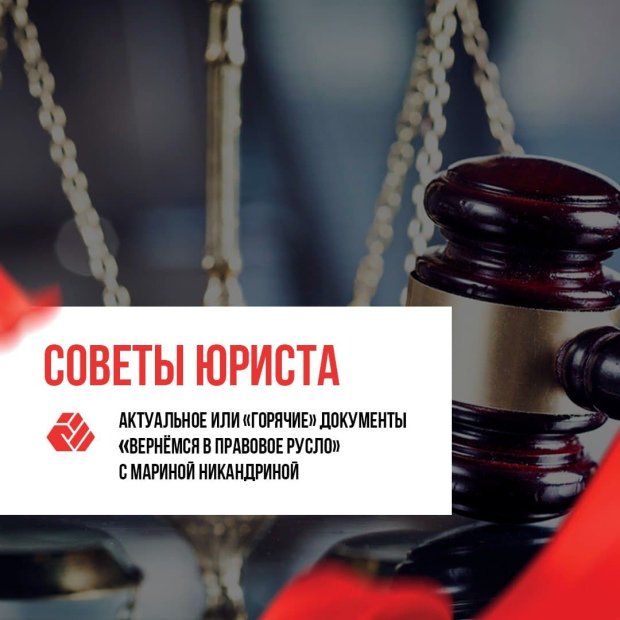A new version of the Law of the Republic of Belarus of July 22, 2003, No. 226-З "On Currency Regulation and Currency Control" came into force.
During the rule of lukashenka, the regime has nightmares businesses and individuals with currency restrictions so many times that the next law could not but cause unrest. True, there were no global changes. All currency regulation was collected in one normative legal act since some legislative acts were no longer in force and contradicted each other. In principle, like many others in Belarus so far.
Key points regarding this Law:
- foreign exchange transactions of residents under registered foreign exchange contracts;
- receipt (transfer) of goods;
Well, and the most acute point regarding currency regulation.
The new law provides for the right of the National Bank, together with the Council of Ministers, to establish currency restrictions of a different nature:
Such restrictions for a period of one year may be introduced when a situation arises that poses a threat to the economic security and STABILITY of the country's financial system.
How and by whom should the existence of a threat to economic security be determined to introduce currency restrictions, the new law does not say. In general, the concepts are rather vague. In this regard, currency restrictions can be introduced by the authorities at any convenient occasion.
If you need legal assistance - send us an application using the link.
During the rule of lukashenka, the regime has nightmares businesses and individuals with currency restrictions so many times that the next law could not but cause unrest. True, there were no global changes. All currency regulation was collected in one normative legal act since some legislative acts were no longer in force and contradicted each other. In principle, like many others in Belarus so far.
Key points regarding this Law:
- Consolidation and clarification of several terms (currency exchange transactions, currency values, import, export, etc.);
- Introduction of a new legal phenomenon - “monitoring of foreign exchange transactions.” Namely, collection, registration, and analysis will be carried out by:
- foreign exchange transactions of residents under registered foreign exchange contracts;
- receipt (transfer) of goods;
- Changing some responsibilities of residents and non-residents;
- Implementation of currency control according to new rules (the goals and objectives of currency control are established, the competence of the currency control bodies is changing, banks are no longer agents of currency control);
- Foreign exchange agreements concluded by residents with non-residents and providing for the acquisition of real estate outside Belarus are subject to registration if the amount of monetary obligations under the agreement is equal to or exceeds 2000 basic units (1 BV = Br29) for individuals;
- The registration procedure is determined by Instruction No. 37.
Well, and the most acute point regarding currency regulation.
The new law provides for the right of the National Bank, together with the Council of Ministers, to establish currency restrictions of a different nature:
- a ban on foreign exchange and foreign exchange transactions;
- setting limits on the volumes, number, and timing of foreign exchange and foreign exchange transactions, the currency of payment, reservation of a part, the entire amount or an amount that is a multiple of the entire amount of the foreign exchange transaction;
- the requirement to obtain special permits from the National Bank to conduct foreign exchange transactions;
- the requirement for the mandatory sale of foreign currency received by resident legal entities;
- restrictions on the opening and maintenance of accounts in foreign banks by residents.
Such restrictions for a period of one year may be introduced when a situation arises that poses a threat to the economic security and STABILITY of the country's financial system.
How and by whom should the existence of a threat to economic security be determined to introduce currency restrictions, the new law does not say. In general, the concepts are rather vague. In this regard, currency restrictions can be introduced by the authorities at any convenient occasion.
If you need legal assistance - send us an application using the link.


 Continue
Continue
